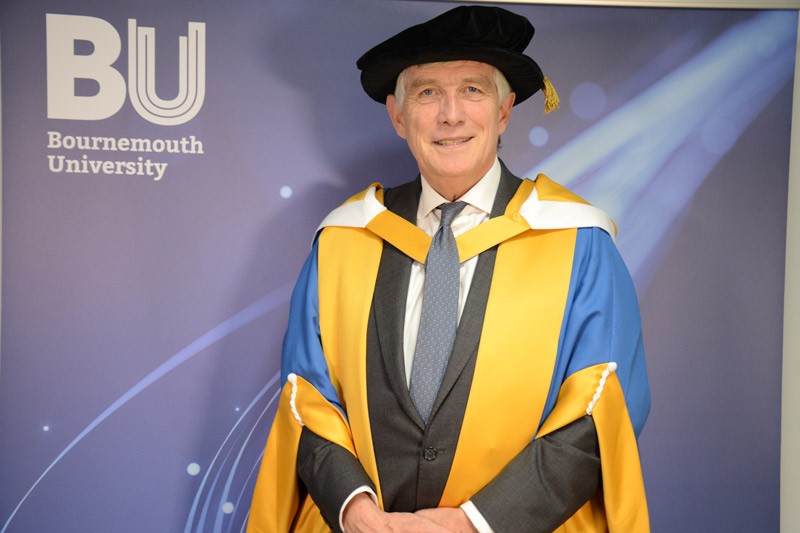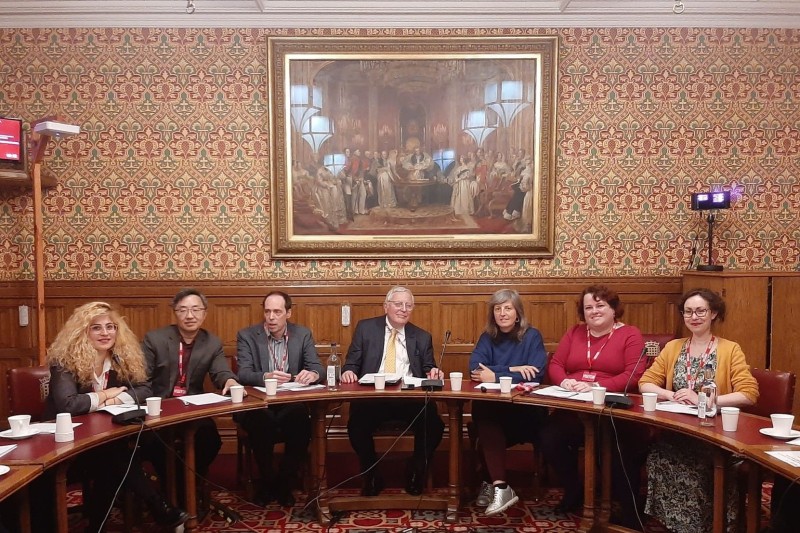Bournemouth University academics are working with industry bodies to improve working rights and practices in television production. The BU team have gained understanding of current practices and made recommendations in a new report, seeking to improve the health, wellbeing and prospects of those working in the television production industry.
The report, authored by Bournemouth University experts, in collaboration with BECTU (The Broadcasting, Entertainment, Communications and Theatre Union) surveyed 1184 industry members to gain insights into areas such as working conditions, diversity, and skills.
While the report recognized the success and international reputation of the industry, it also highlighted a range of poor management practices in the industry, and the negative impact it had on those working in television.
Concurrent issues identified included skills shortages, especially within management and leadership roles, poor mental health outcomes within the workforce, and a lack of diversity in the industry, especially within key creative and decision-making roles.
Specifically these practices include poor retention of skilled workers, who are burned out by working conditions; inequitable recruitment, job insecurity and poor career prospects for under-represented groups; last-minute job bookings, cancellations and extended hours without breaks or compensation, leading to poor work-life balance; and at worst, accusations of systemic workplace bullying and nepotism.
Dr Christa van Raalte, Deputy Dean in the Faculty of Media and Communications at Bournemouth University, co-authored the report. She said, “We were saddened to see the results that clearly showed management and recruitment practices that are not only unethical and damaging to individuals, but also damaging to the sustained commercial and creative success of the industry. It is our hope that this report will act as a catalyst for change within the industry as it moves to focus on wellbeing and positive representation.”
Richard Wallis, Principal Academic in the Department of Media Production, said, “We are calling on broadcasters and employers to review and reform their working practices and cultures, and for regulatory bodies to do more to support the industry, and its freelancers, to look after one another, to think more about diversity, and to address the skills gap that still exists, especially within senior positions.”
Head of Bectu Philippa Childs said, “The State of Play report details the underlying problems facing freelancers in the TV industry, which give rise to shocking rates of bullying and harassment and a continuing lack of diversity in the industry.
“The freelancer workforce are the bedrock of the industry’s success, but too often these achievements are predicated on a long hours culture and high stress environments. It is time for a rebalancing and for broadcasters and indies to put in place robust procedures that ensure fairness, diversity and dignity at work.”
Marcus Ryder MBE, a leading media diversity commentator and Head of External Consultancies at the Sir Lenny Henry Centre for Media Diversity at Birmingham City University, said, “This is an amazing piece of work and easily one of the most comprehensive I have seen in years.”
Recommendations from the report highlight the need for broadcasters to take responsibility for sustainable commissioning practices, allowing time and preparation for workers, and proper HR practices and wellbeing packages for all staff, including freelancers, to ensure mental health is being taken seriously. The report calls on industry bodies and representatives to play an active role in overseeing the changes and ensuring they are adopted as standard practice.
Dr van Raalte continued, “This report isn’t intended to shame the industry, and the UK should be incredibly proud of its internationally-recognised television output, however we hope that the issues highlighted in this report will lead to action to make improvements for those working in the industry, leading to better practices and underpinning wellbeing for all those who work tirelessly for the industry’s continued success.”
To read the report in full, visit: https://eprints.bournemouth.ac.uk/35897/



